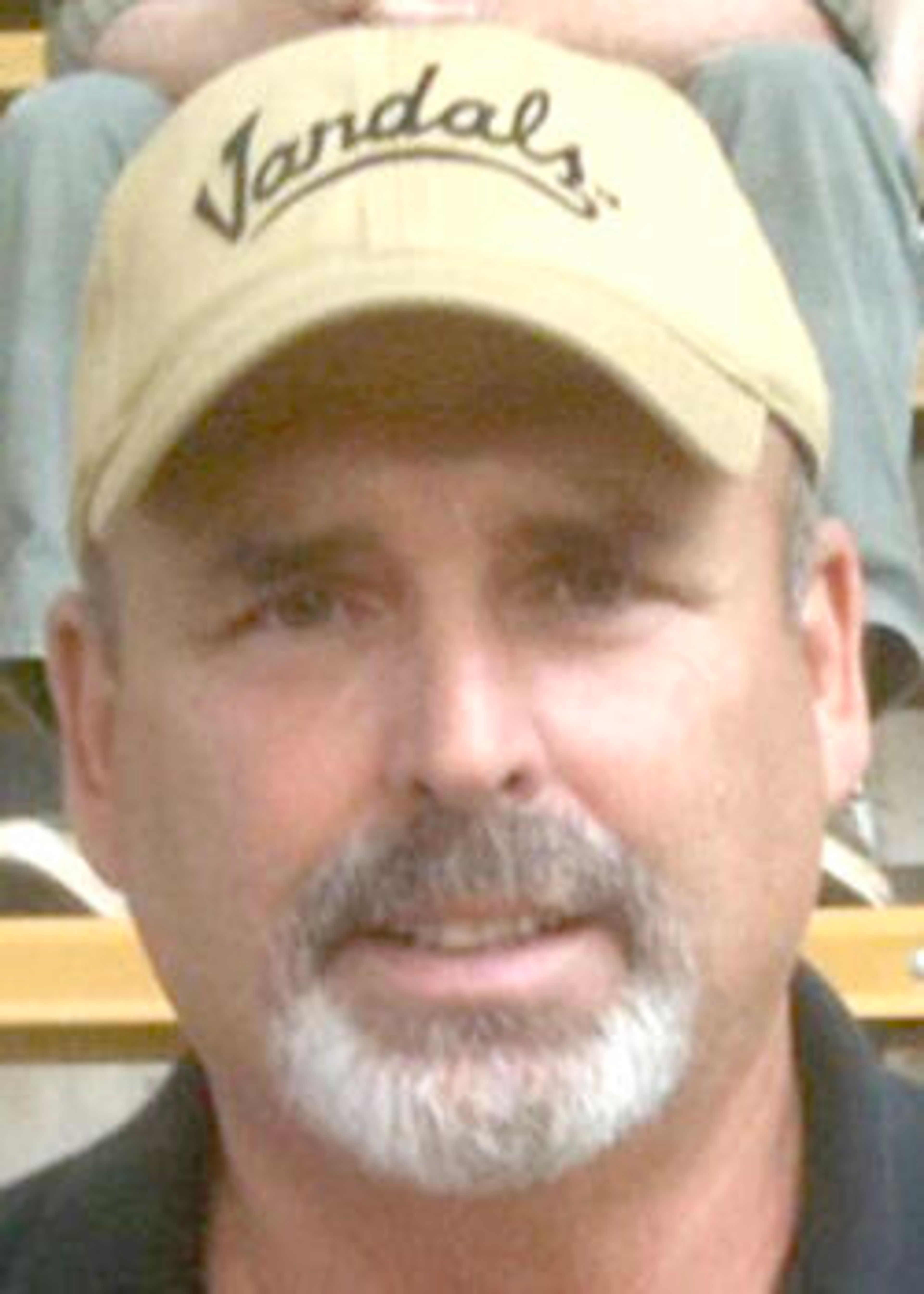Pullman’s police chief said this week that his officers and staff have not been immune from the criticism lobbed at law enforcement the past year or more.
But while attitudes toward police may have soured across the country — and in the opinion of some residents locally — the Pullman community generally has shown support for the men and women who patrol the city, according to Pullman Police Chief Gary Jenkins.
Jenkins said law enforcement is most effective when the community is willing to work with police officers. That support from the public is a critical factor for them to do their jobs.
“Without that support, it’s like fighting an uphill battle,” he said.
Still, the battle has not been easy. Well-publicized incidents of police brutality increased scrutiny of the profession on the whole, and the criticisms have been voiced locally.
“Our staff feels that,” he said.
Jenkins said the negativity toward law enforcement — aside from the COVID-19 pandemic — has been the biggest change Jenkins has seen in his profession in recent memory.
As the head of his department, Jenkins is concerned about the effect this has on his staff. He wants his employees to be as satisfied with their jobs as possible.
Jenkins said the negative attention cast on police officers has not hurt the number of recruits willing to join the Pullman Police Department.
“We’re probably not the norm in that regard,” Jenkins said, adding that he has heard a lot of agencies nationally and statewide are having difficulty getting qualified applicants.
Jenkins outlined a number of ways that his department has tried to be transparent with the public.
Notably, the Pullman Police Department was one of the first agencies in the region to mandate body cameras, back in 2013. The Moscow Police Department did not equip its officers with body cameras until this year.
Jenkins called his public records staff “very responsive,” and the department remains active on social media.
The Pullman Police Advisory Committee in November held a “Reimagining Public Safety in Pullman” summit where it solicited input from the public on policing practices.
Jenkins appeared at Black Lives Matter rallies in Pullman last year and told the attendees that the department stands with the demonstrators against police brutality. He said his department brought in a national use-of-force expert to train the department’s staff on proper police conduct. He also said the department implemented a policy requiring officers to intervene and stop excessive force used by other officers.
Calls for police reform were not the only issue confronting police officers in 2020 and into this year. Adding to the difficult year for law enforcement were the changes brought on by the COVID-19 pandemic.
The virus prompted the department to change its schedule so that employees’ shifts do not overlap. This was intended to limit any spread of the virus among the staff, Jenkins said.
The police lobby was closed to the public, which meant services such as fingerprinting could not be provided. Police officers were encouraged to limit in-person contact with the public and try to work with people over the phone as much as they could.
This was a tough change for Jenkins’ staff because they enjoy getting out in the community and interacting with the public. Recently, they have been allowed to do this more, Jenkins said.
Jenkins said much of their training courses were cut or moved online during the pandemic.
Additionally, the city had to adjust to new orders from Gov. Jay Inslee’s office regarding COVID-19 restrictions and what phase of Washington’s reopening plan Whitman County would enter.
In his more than 40 years as a sworn officer, Jenkins said he has never been faced with this kind of situation. Suddenly, he had to decide whether to enforce a ban on social gatherings.
Compounding the issue was the fact that Pullman is a college town where many students chose to return for the academic year instead of staying at home.
Jenkins told the Daily News last month that to his knowledge, the Pullman Police Department was the only agency in the state that took an enforcement approach. It has led to dozens of infractions handed out to people at parties where social distancing and mask rules were not followed.
This decision was not popular among everyone on Jenkins staff, he said. Like regular citizens, the staff had varying opinions about whether these restrictions were too harsh or not. Some did not agree with Jenkins’ approach.
But Jenkins said his department had to look at the bigger picture and take measures to protect the entire community.
Kuipers can be reached at akuipers@dnews.com.








